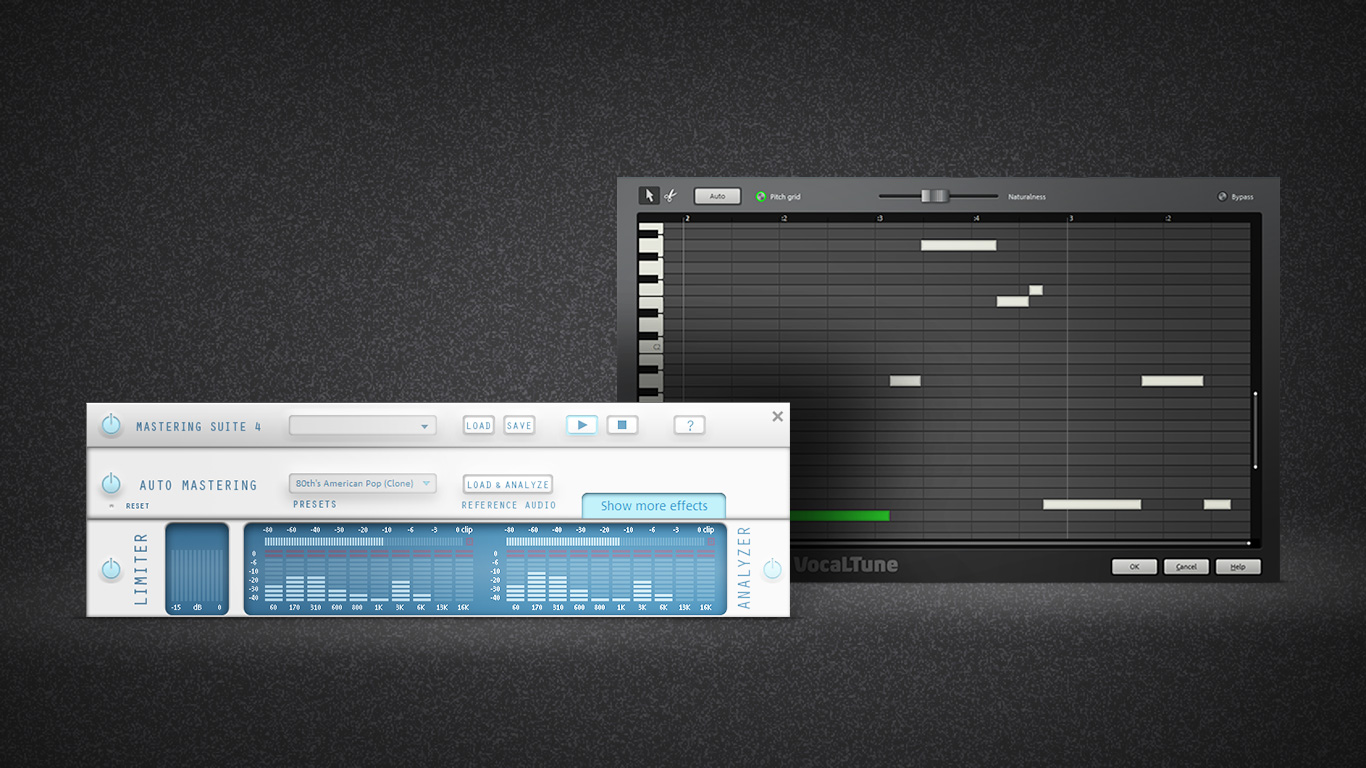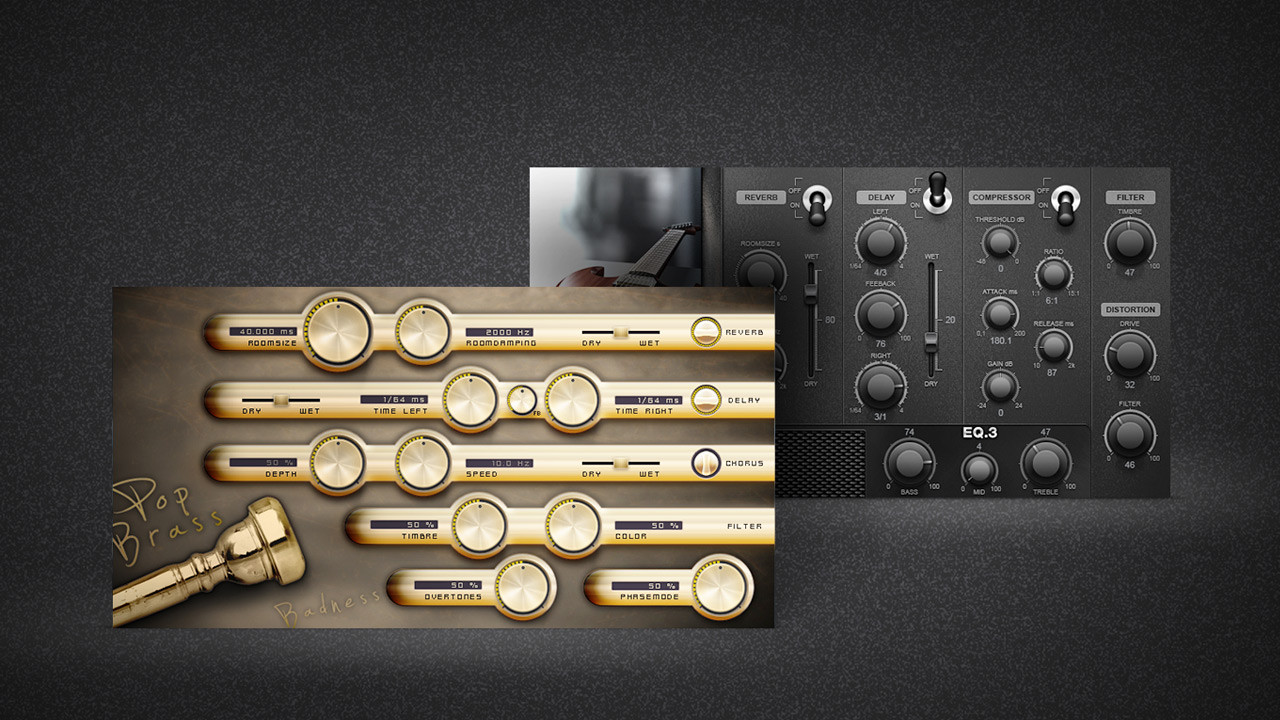

However I’ve used Samplitude long enough to know the general nature of the program. Samplitude Pro X has since been released and is 64 bit.

Navigating through a windows style list of them is a needless hassle.Ĭomparing Reaper and Samplitude: I initially got interested in Reaper because Samplitude 11 Pro (32 bit) was having trouble with some VSTi memory hogs.

It’s very easy to accumulate a few hundred plugins. True you can get to your plugins with any simple window but Reaper makes this frequently used task much faster. So if you had Favorites active it’s active the next time you open the window. When you close and re-open it remembers the last state. You can access your plugin preferences via this window. See the “Filter” field in the lower left? You can re-scan you plugin paths directly from this window. By default there is also a “Recently used” folder. It’s where I put the few plugins I use 95% of the time. On the bottom left I’ve added a costume folder called “Favorites”. On the left you have all of Reaper’s stock categories. I appreciate the little things more and more. An extra click here, a reference to the manual there, pretty soon your workflow slows. It didn’t matter that it took 20 mouse clicks or had strange keyboard shortcuts.īut if you spend a lot of time with a DAW these little things start adding up. I didn’t give documentation, user interface, or intuitive organization much thought. I use to look for sonic quality and feature set. My philosophy on DAWs has changed over the years. Most modern DAWs can accomplish the same things one way or another. My DAW Philosophy: Software won’t make you a better mixer. I use DAWs for recording, editing, mixing, and some virtual instruments. It’s a very sophisticated DAW with a huge feature set. Then chose Samplitude for the last 5 years. I was pretty handy with it and took some certification classes. Where I’m coming from: If you don’t know much about an author it’s had to evaluate what they’re saying. I use it as much as I use Samplitude now. At $60 it’s a great value.Ĭontrary to what you might read on the interwebs Reaper is a pro product (or has been since I first tried it at version 4). It has a helpful community, a good manual, and devs who seem to be responsive. It has lots of thoughtful things that make day to day use pleasant. What is Reaper’s personality? Can I give specific examples? How does it’s approach differ from other DAWs? So I started thinking about these DAWs holistically not piecemeal. It’s a good manual but it doesn’t cover everything. There really is no way to be comprehensive when comparing DAWs. Usually I tackle a smaller subject and go into lots to detail.


 0 kommentar(er)
0 kommentar(er)
